
The Global Climate Strike is the result of a whole new generation taking bold action and could be the turning point for grassroots resistance to fossil fuels.

The Global Climate Strike is the result of a whole new generation taking bold action and could be the turning point for grassroots resistance to fossil fuels.
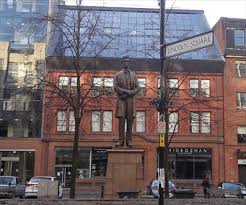
In the centre of the city of Manchester, there is a place called Lincoln Square, named for the statue of Abraham Lincoln which stands there. The story of how that statue came to be there is a fascinating part of . . .
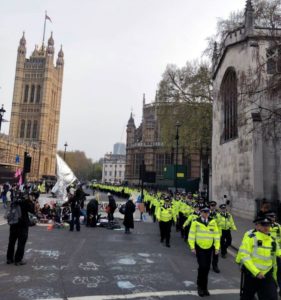
Over a hundred events are taking place around Manchester to mark the 200th anniversary of the Peterloo massacre, when the yeomanry cut down a peaceful crowd demanding democracy. Ian Allinson argues that the right are pressing Boris Johnson to ramp up surveillance and repression of the left under the guise of counter-terrorism, just when the Prevent strategy is being reviewed.

It’s easy to be pessimistic. Since 1979 the key industrial battles have all been lost by the left, resulting in the imposition of the economic settlement we now groan under. And while it looked like social liberalism was all-conquering and . . .
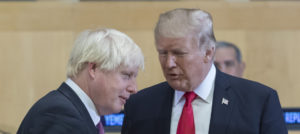
If you’ve had the displeasure of tuning in to Fox News at any point over the last ten years, you’ll know that they’ve played no small part in turning the U.S. into a right-wing hellscape. A place where male political . . .
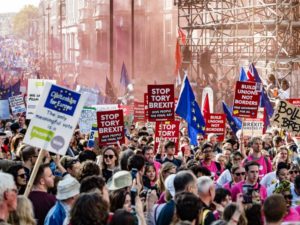
The British political system has been thrown into turmoil since the summer of 2016, when a narrow majority of voters supported a referendum in favor of Britain leaving the European Union (EU). The Conservative Party government headed by Prime Minister . . .
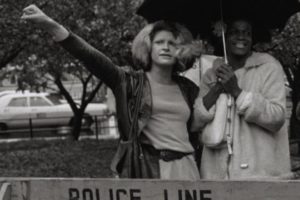
The police were pelted with coins and bottles to begin with, by the crowd, and later bricks and stones from a nearby building site. Barricading themselves inside the Stonewall Inn, police were forced to call for assistance. From there on as crowds swelled in numbers over several successive nights, the whole thing escalated into a full blown riot. It took three days and nights before the Tactical Patrol Force, trained to deal with Vietnam war protests, could finally subdue the rioters.
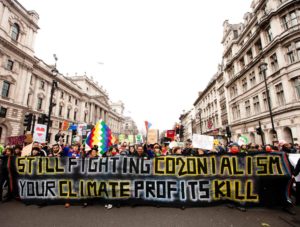
This letter was collaboratively written with dozens of aligned groups. As the weeks of action called by Extinction Rebellion were coming to an end, our groups came together to reflect on the narrative, strategies, tactics and demands of a reinvigorated . . .
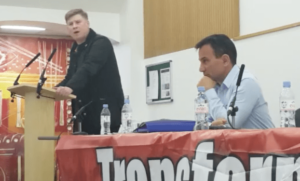
Stories have a life of their own. Merriam-Webster describes a meme as “an idea, behavior, style, or usage that spreads from person to person within a culture”. It doesn’t matter who the carrier of the meme is or the way that they pass it on: all that matters is that the story is reproduced and given new life with each telling.
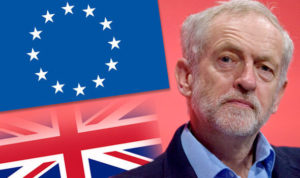
Jeremy Corbyn and the UK Labour Party leadership have dragged their feet on taking a clear oppositional stance on Brexit. While the Party has shifted slowly towards a position of, perhaps, supporting a People’s Vote, its entire approach since the 2016 referendum result has been one of feet dragging and equivocation.
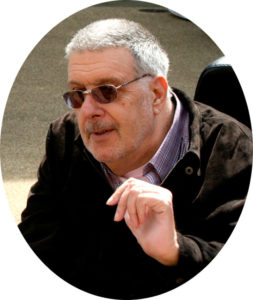
Mike Oliver, Emeritus Professor of Disability Studies at the University of Greenwich in England, has died at the age of 74 after a short illness. . . .
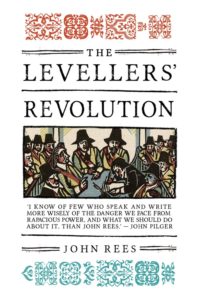
In 1649, a pamphlet titled Tyranipocrit Discovered was published in Rotterdam. Fusing the terms “tyrant” and “hypocrite,” the anonymous author called for an end to economic, religious, and political oppression in England.
.jpg)
There is no way that I am qualified to write a proper obituary for Don Trudell, a longtime member of the British IS/SWP who taught history and media studies at the American School in London (ASL) when I was a student there. I do not know where he was born, or went to college, or even his full name. The last time we spoke was in the early 1980s, and the last time I spent any significant amount of time in his company was when I was still in high school. Although I dined at his house a couple of times, and chatted with him after class on innumerable occasions, I can’t say that we ever became friends. But he was a singular individual and he left an indelible impression on how I think about the world.

This article is a response to Paul Mason’s recent essay ‘Labour must become the party of people who want to change the world, not just Britain’, in which he argues that there can no longer be any privileged position for organised labour as an agent of socialist change. This reply will respond to that question specifically, leaving aside some other aspects of Mason’s essay, and argue that the working class remains the key strategic actor for overhauling capitalism.
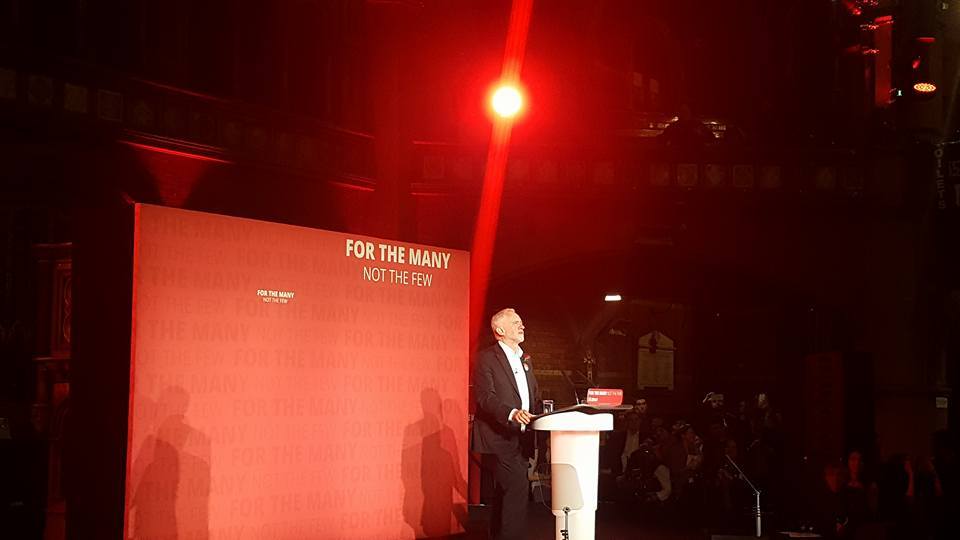
It is now seven months since Theresa May called a general election with the aim of increasing her majority and the Daily Mail published a front page headlined “Crush the Saboteurs”. The spring of this year, as regards parliamentary politics, seems like another world.

The 8 June election result has re-energised Labour’s activist base and helped put basic working-class demands back on the agenda. The increase in turnout among young voters, and the huge Labour lead among young voters, signal a major shift in British politics. All of this opens up a new period of Labour revival and recomposition.
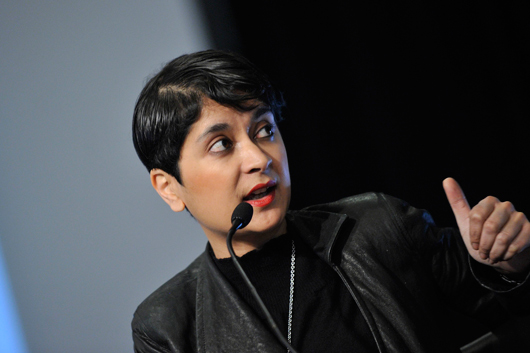
Last April a row engulfed Ken Livingstone, former Labour mayor of London, and Naz Shah, Labour MP for Bradford West, following remarks they made about Israel and Zionism. They were suspended from the Labour Party, with Naz Shah having the parliamentary whip withdrawn. Shah has been reinstated, and though Livingstone has demanded that he too be reinstated, a decision has yet to be made by Labour’s National Constitutional Committee.

Richard Seymour, Corbyn: The Strange Rebirth of Radical Politics. New York: Verso, $19.95. 256pp.
This time last year I believed Jeremy Corbyn was wrong to stand for the Labour leadership; he would, I thought, get a derisory vote and merely reinforce right-wing hegemony and the marginalisation of the Labour left. Since then the unexpected has happened, and perhaps we should all be a bit cautious in pronouncing on what is and is not possible.
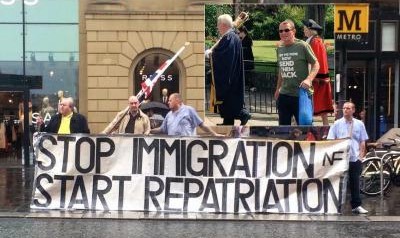
The Leave / Brexit vote in the referendum came in the end as a surprise, a narrow win for Remain was expected. This may be because the core Leave vote was in the run-down white working class communities of the now desolate English and Welsh industrial zones. A population trapped in conditions of long-term unemployment and poverty who no one really pays much attention to anymore.